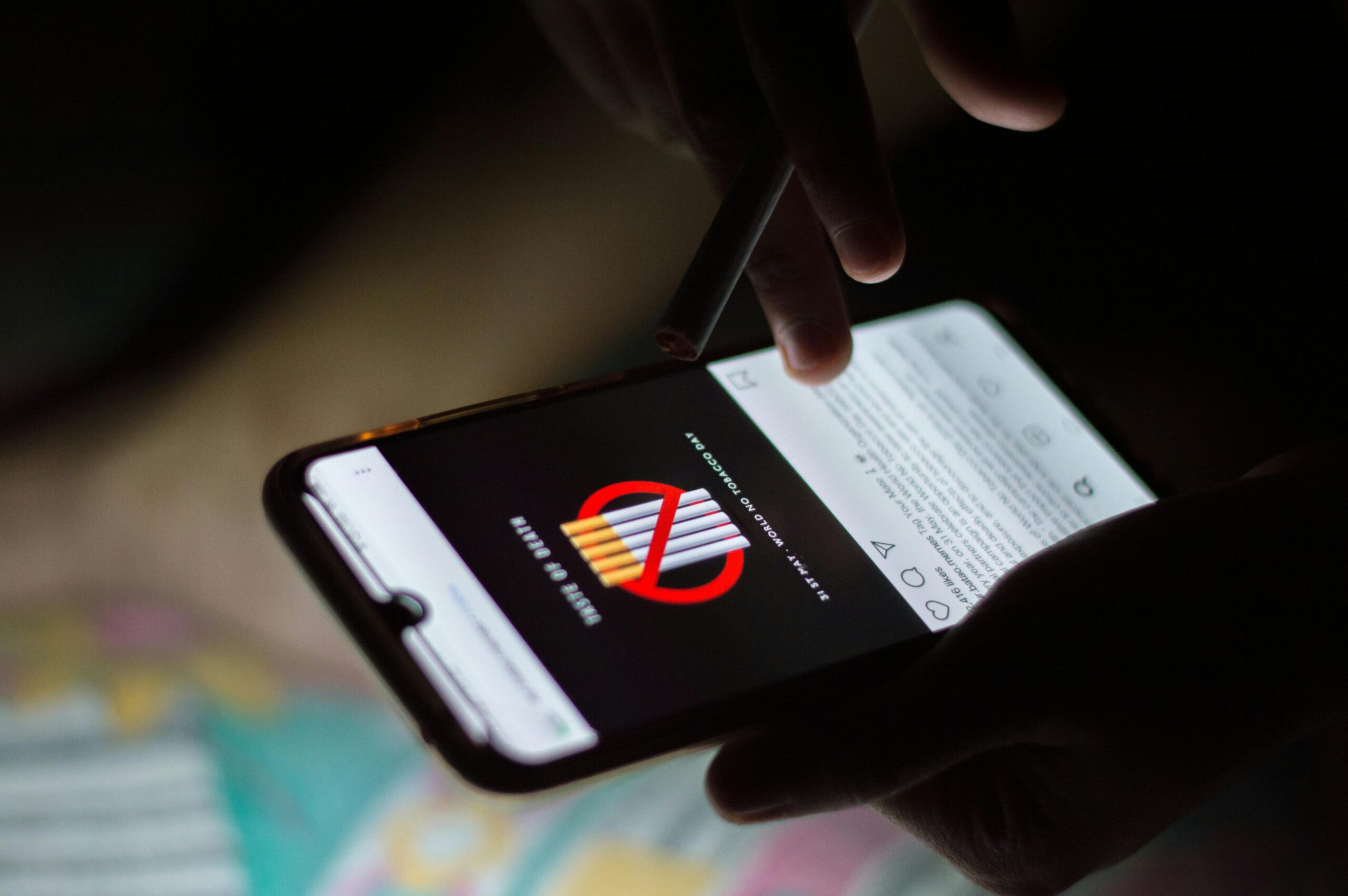What is Internet Addiction?
Internet addiction is a behavioral condition characterized by excessive and compulsive internet usage that interferes with daily life. Known as Internet Addiction Disorder (IAD), it affects mental health, relationships, and productivity. While the internet provides benefits such as communication and information access, excessive use can lead to significant health and social problems.

Definition of Internet Addiction
Internet addiction refers to an inability to control internet usage, resulting in distress and interference with daily routines. This condition can include overuse of online activities like social networking, gaming, online shopping, or browsing. Individuals with internet addiction often experience symptoms such as mood swings, withdrawal symptoms, and neglect of real-life relationships.
Types of Internet Addiction
Internet addiction can manifest in different forms, depending on the behavior and online activity:
- Gaming Addiction: Excessive time spent playing online games.
- Social Media Addiction: Overuse of platforms like Facebook, Instagram, or TikTok.
- Online Relationships: Spending excessive amounts of time in online dating or chatting.
- Compulsive Online Shopping: Uncontrolled purchasing through e-commerce platforms.
- Information Overload: Spending extended periods browsing, researching, or database searches.
Signs and Symptoms of Internet Addiction
Behavioral Symptoms
- Compulsive internet use, even during inappropriate times.
- Neglect of daily routines, personal hygiene, or responsibilities.
- Preferring online interactions over real-life relationships.
- Increasing amounts of time spent online to achieve satisfaction.
- Difficulty controlling impulses to use digital devices.
Emotional Symptoms
- Mood swings related to internet usage.
- Dysphoric mood when offline.
- Withdrawal symptoms, such as irritability or distress when unable to access the internet.
- Emotional distress linked to the health of adolescents.
Physical Symptoms
- Poor posture and health issues from extended screen time.
- Sleep disturbances due to excessive internet usage.
Risk Factors for Internet Addiction
Certain factors can increase the likelihood of developing internet addiction:
- Psychological Factors: Low self-esteem, emotional distress, or co-occurring mental disorders.
- Social Factors: Lack of real-life social activity and reliance on online relationships.
- Cultural Factors: Societal norms encouraging constant online presence.
- Access to Devices: Frequent use of mobile phones and digital devices.
- Age and Gender: Adolescents and college students are more susceptible.
Effects of Internet Addiction
Internet addiction can have far-reaching consequences on an individual’s health and relationships:
Mental Health
- Development of mental health disorders, such as anxiety and depression.
- Increased levels of emotional distress and mood swings.
- Cognitive impairment due to prolonged internet usage.
Social Life
- Strain on real-life relationships.
- Isolation from friends and family.
Physical Health
- Sedentary lifestyle leading to health issues.
- Financial distress caused by excessive online shopping or gaming.
Daily Routines
- Interference with work, school, or other responsibilities.
Diagnosis and Assessment
The diagnosis of internet addiction often involves:
- Identifying patterns of compulsive internet usage.
- Evaluating symptoms and their impact on daily activities.
- Using tools such as the Internet Addiction Test developed by Dr. Kimberly Young.
Treatments for Internet Addiction
Behavioral Therapy
Behavioral therapy focuses on modifying addictive patterns and behaviors through structured approaches.
Cognitive-Behavioral Therapy (CBT)
CBT is an evidence-based treatment that helps individuals recognize and change thought patterns contributing to compulsive behaviors.
Family Therapy
Family therapy addresses the role of family dynamics in internet addiction, fostering healthier relationships and communication.
Digital Detox Programs
Setting time limits on internet usage and incorporating offline activities can reduce dependence on digital devices.
Support Groups
Participation in support groups can provide a sense of accountability and shared experience.
Prevention Strategies
Time Management
- Set time limits for screen time, especially for children.
- Allocate specific periods for online activities.
Encouraging Offline Activities
- Spend time with friends and family.
- Engage in hobbies that do not involve screens.
Parental Controls
- Use tools like Screen Time Parental Control to monitor and limit internet usage for children.
Conclusion
Internet addiction is a serious condition affecting mental health, physical well-being, and relationships. Recognizing the signs of internet addiction and seeking appropriate treatment can help individuals regain control of their lives. Revival Mental Health provides comprehensive support and evidence-based treatments to address internet addiction and its effects. If you or someone you know struggles with this condition, contact Revival Mental Health today.
Visit SAMHSA for more information or contact us today.






